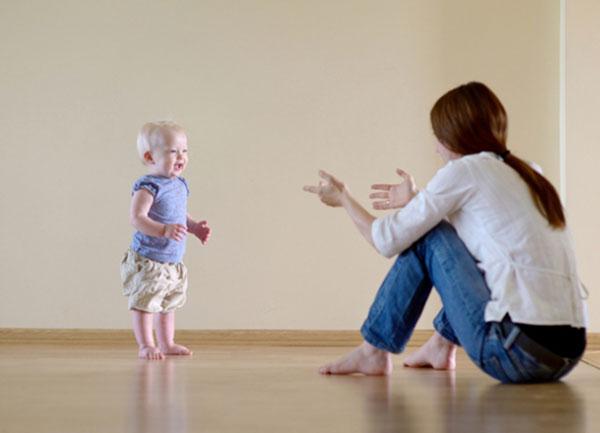You are here
Cash support can change baby brain activity associated with thinking and learning
By AFP - Apr 05,2022 - Last updated at Apr 05,2022

Photo courtesy of wordpress.com
PARIS — Babies whose low-income mothers received significant monthly cash support had more brain activity associated with thinking and learning after one year, a recent study said.
The paper published in the journal Proceedings of the National Academy of Sciences describes the first results of a landmark on going US study looking at how reducing poverty can affect cognitive behaviour.
“We have known for many years that growing up in poverty puts children at risk for lower school achievement, reduced earnings, and poorer health,” study senior author Kimberly Noble told AFP.
Until now, however, it was unknown whether this difference came from the lack of financial resources itself or other factors commonly associated with poverty.
“This is the first study to show that reducing poverty changes child brain development,” Noble said.
In 2018, Noble and her team began recruiting 1,000 low-income mothers and their newborn babies from maternity wards in four major US cities for the “Baby’s First Years” randomised control trial.
They assigned some of the women to receive a nominal monthly stipend of 20 dollars while others received the larger sum of 333 dollars.
For the mothers in the study, who reported average annual earnings of just over 20,000 dollars, the larger gift corresponded to a 20-per cent boost.
As the children turned one, researchers went to their homes with a special infant EEG monitor — a device that detects electrical signals within the brain — to measure their brain activity.
They were able to monitor 435 of the 1,000 infants before the COVID-19 pandemic prevented them from visiting the families to carry out readings — and found a stark difference between which babies showed crucial high-frequency brain activity associated with learning.
“As the frequency gets higher, you see more for the infants in the high cash gift group,” the study’s lead author Sonya Troller-Renfree told AFP.
Children with less cash support meanwhile showed less of that brain activity.
Noble said that the amount allocated to the high cash gift group was intentional.
A 2010 study in the American Economic Journal: Applied Economics showed a $4,000 difference in annual income early in childhood is associated with higher school achievement.
The amount is also comparable to benefits that some of the mothers studied might qualify for.
“It was an amount that we thought might both move the needle and hold some policy relevance,” Noble said.
Since the study was focused on the effect of direct financial support on cognitive behaviour, it was important that the cash gifts be given without conditions attached.
But the next steps of the “Baby’s First Years” research will look at how the money was spent, based on information volunteered by the mothers.
The project will continue to monitor the families until the babies are four years and four months old.
Related Articles
Physical activity during and after pregnancy improves psychological well being and may protect against postpartum depression, according to a
By Neal Morton SEATTLE — For decades, researchers have built a compelling amount of evidence that the earlier you introduce a child to
Babies who start standing later than other infants might have more challenges with cognitive or adaptive skills by the time they’re in presc
















